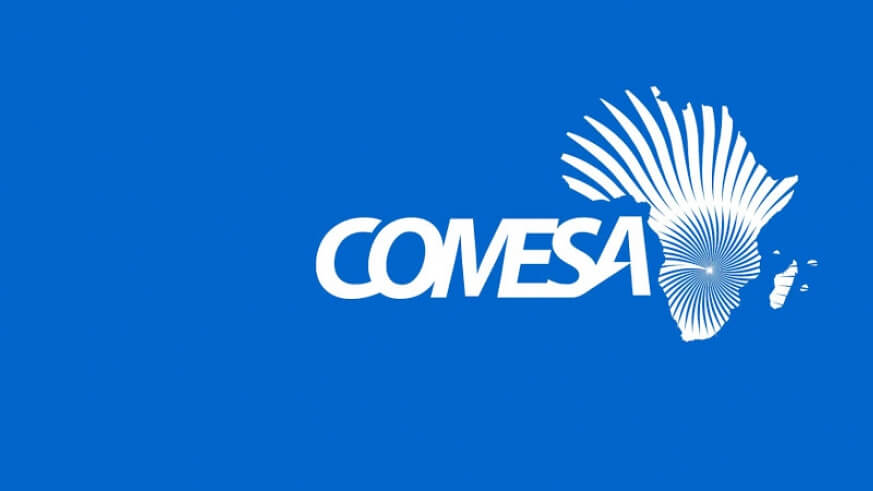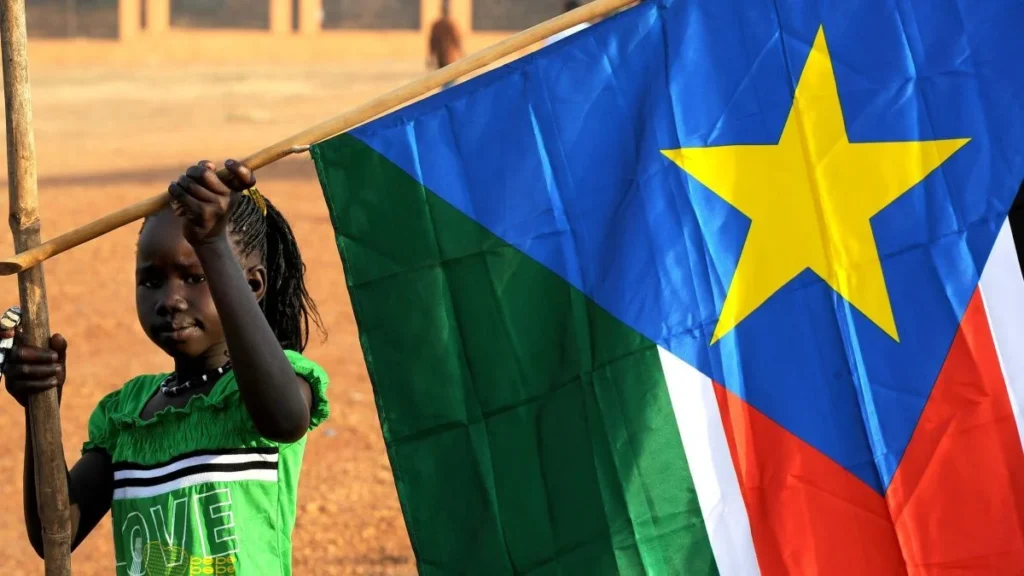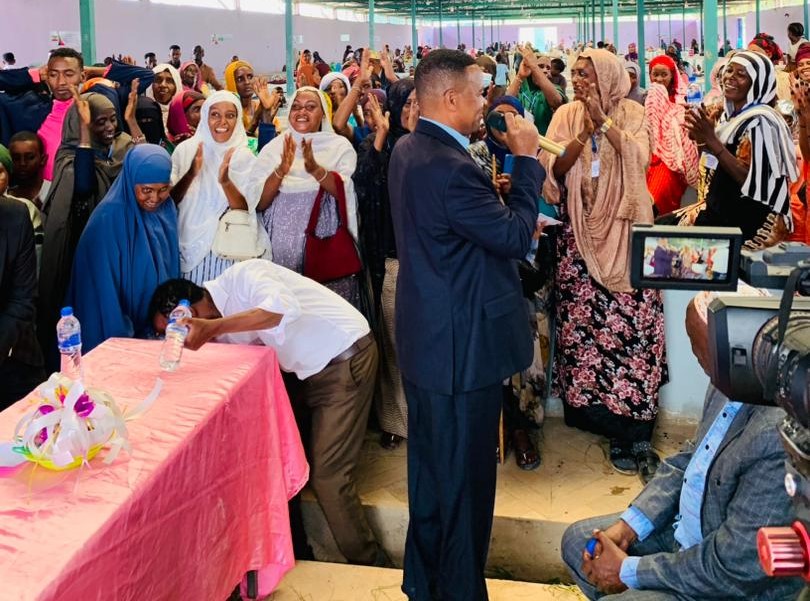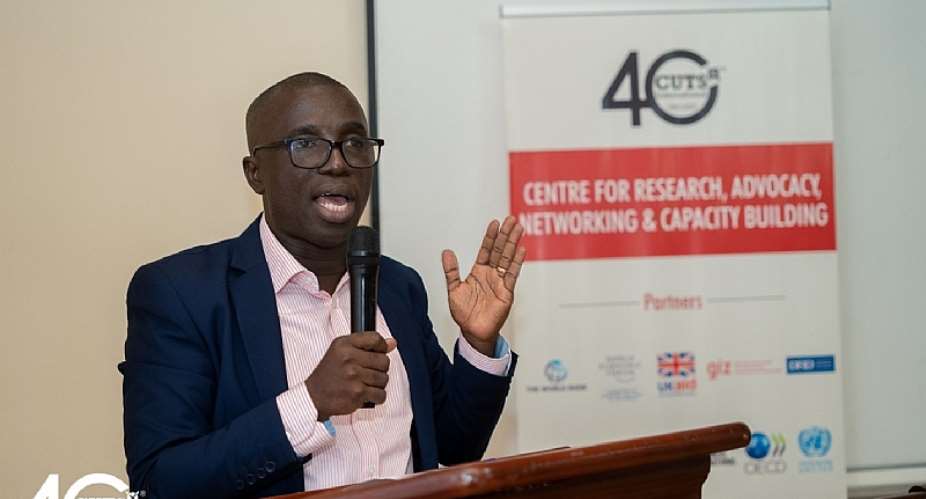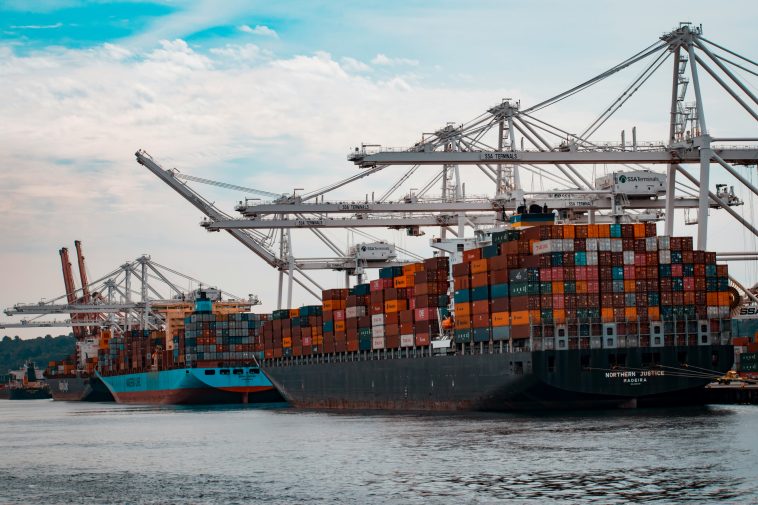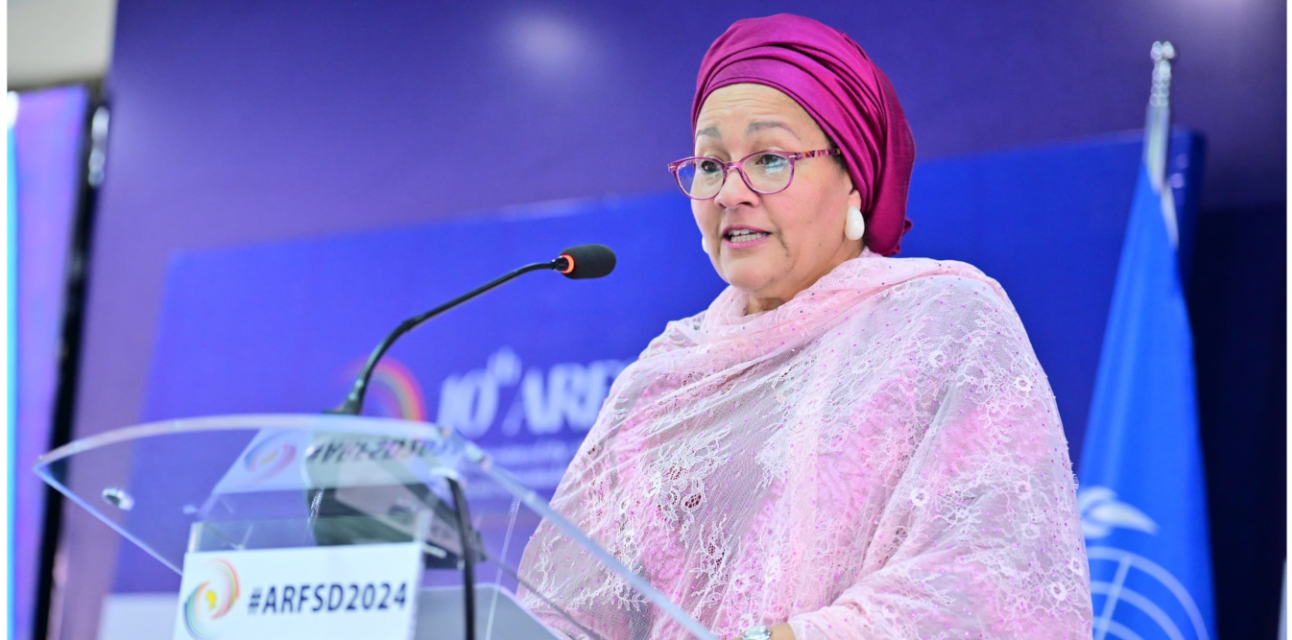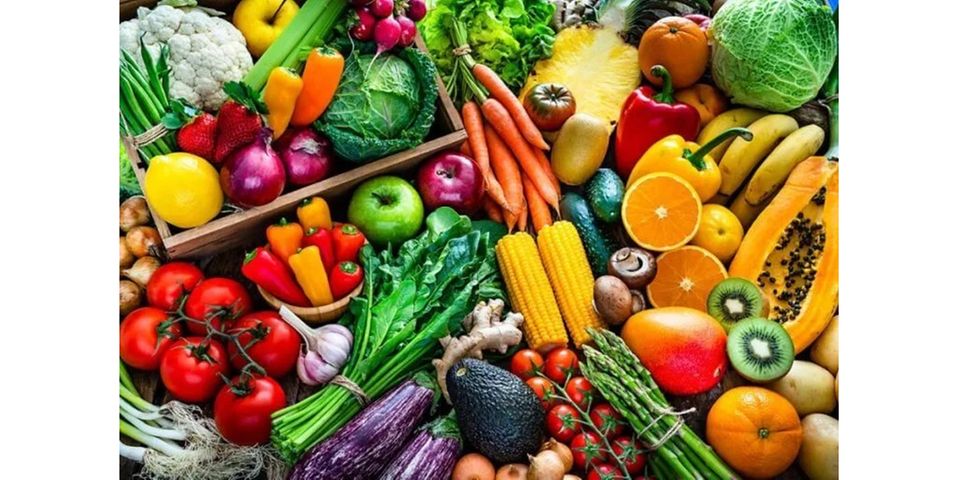Malawi has ratified the Tripartite Free Trade Agreement, bringing the total number of state that have done so to 12. Now, only two are remaining to reach the requisite threshold of 14 to enable the agreement to enter into force. The ratification instrument, signed by Malawi Minister of Foreign Affairs, Hon Nancy Tembo was delivered to the office of the Secretary General of COMESA, Chileshe Mpundu Kapwepwe. The Tripartite FTA is an inter-regional co-operation and integration arrangement amongst countries of the Common Market for Eastern and Southern Africa (COMESA), the East African Community (EAC) and the Southern African Development Community (SADC). To date, 22 Member States have signed the TFTA Agreement, and 12 have ratified it. These are Egypt, Uganda, Kenya, Rwanda, Burundi, Eswatini, Botswana, Namibia, South Africa, Zambia, Zimbabwe and Malawi. The Tripartite FTA was launched in June 2015 in Egypt to enhance integration among the Tripartite Member/Partner States for their mutual benefit and to pursue the development of common programmes which will enable all parties to utilise the available resources effectively. In addition, it is intended to harmonise trade and investment regimes and in particular to establish a Free Trade Area amongst COMESA, EAC and SADC; enhance inter-REC economic cooperation. It is also intended to harmonise infrastructure programmes focusing on developing joint inter-regional infrastructure, and co-operation on transport and communications and financing of regional infrastructure projects. The implementation of the TFTA will facilitate the movement of businesspersons in the Tripartite region and enable the development of joint programmes...
Malawi ratifies the Tripartite Free Trade Agreement
Posted on: May 3, 2024
Posted on: May 3, 2024

